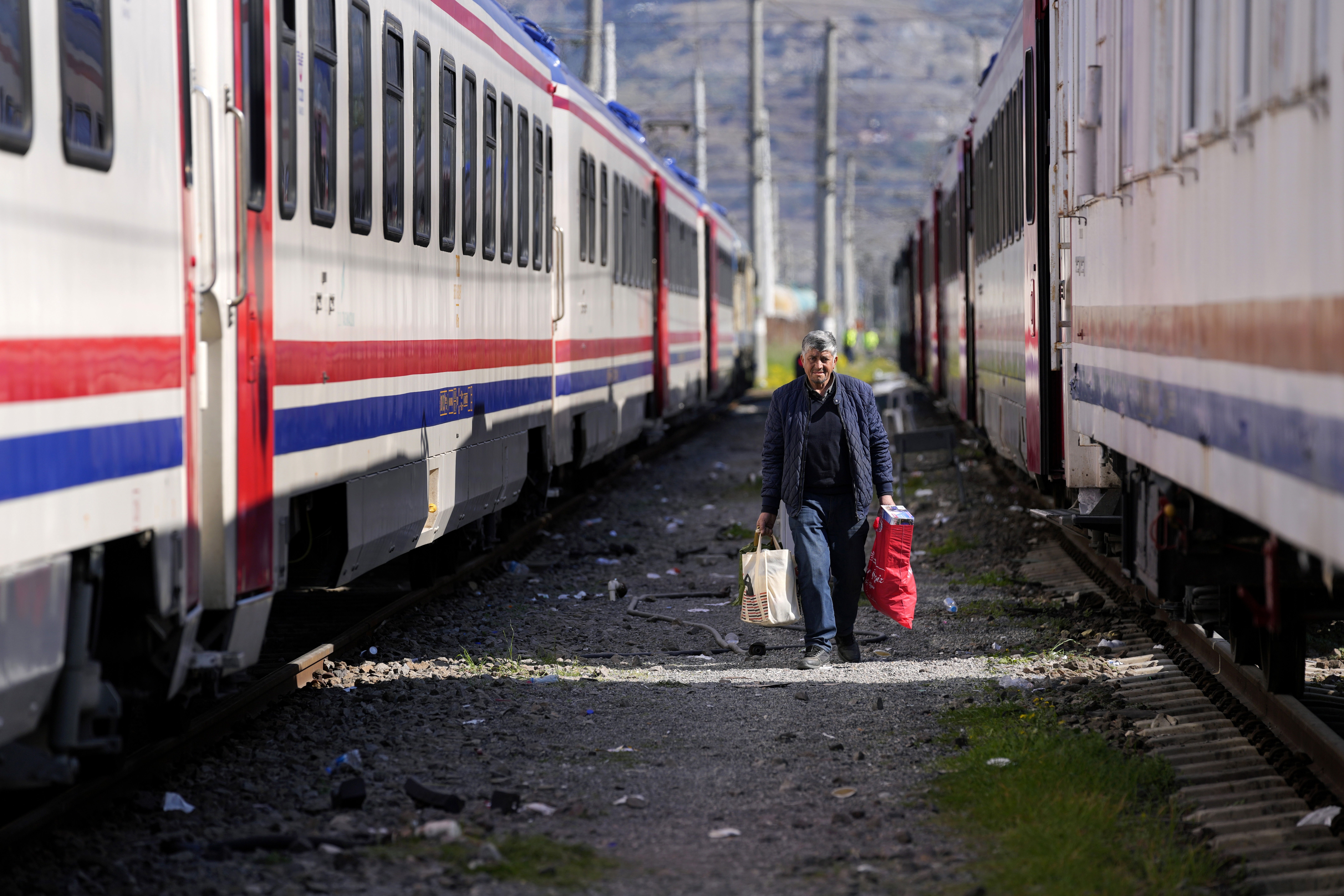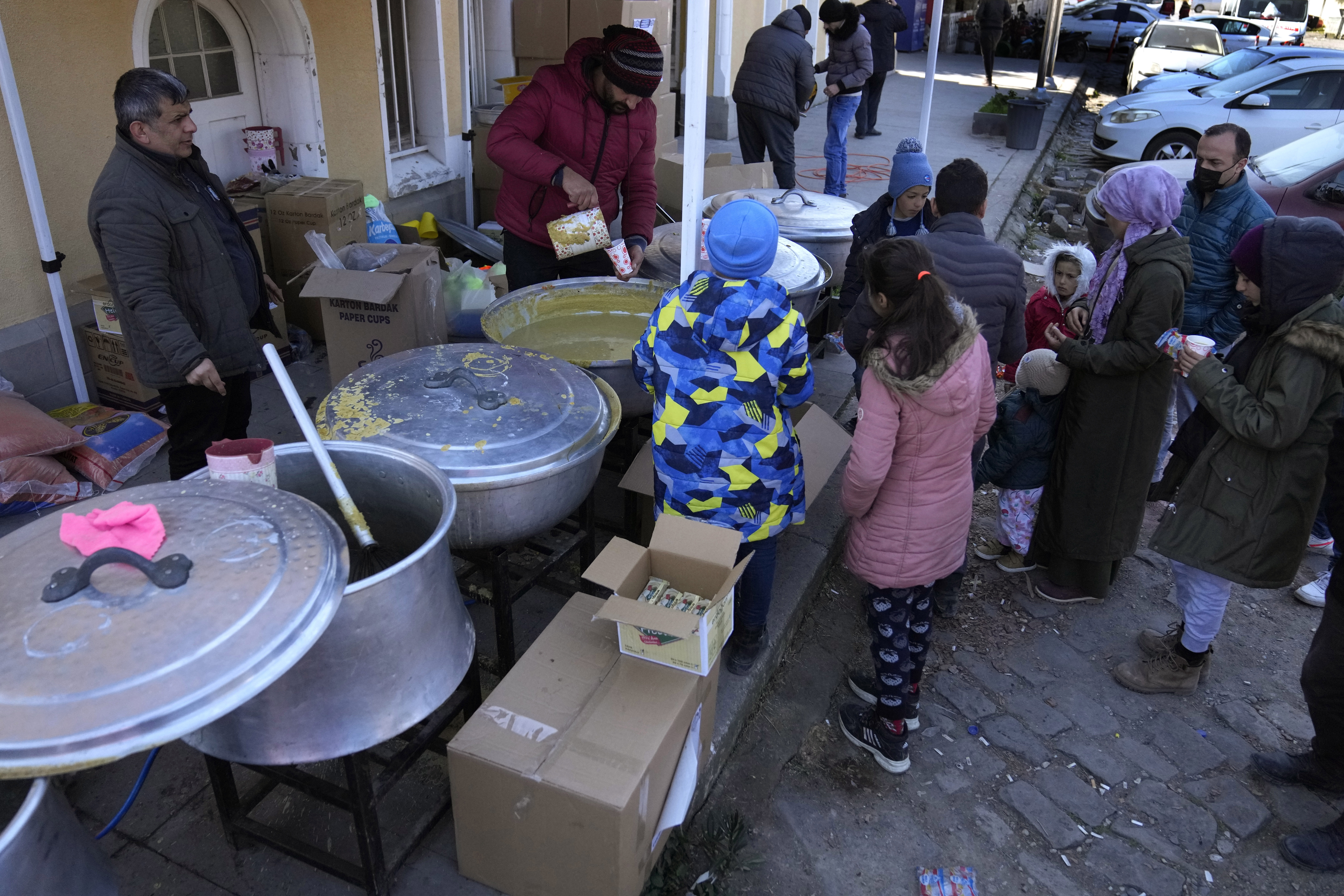Turkish President Recep Tayyip Erdogan has announced that 35,418 people have died as a result of last week's quakes, making the deadliest such disaster since the country's founding 100 years ago.
The massive Erzincan earthquake in 1939 resulted in the deaths of around 33,000 people.
Erdogan said there had been 105,505 people injured as a result of the February 6 quakes centered around Kahramanmaras.
READ MORE: Gunmen storm hospital of newborn saved from quake in Syria

Erdogan was speaking in Ankara following a five-hour Cabinet meeting held at the headquarters of disaster agency AFAD.
It comes as aid agencies and governments stepped up efforts on Tuesday to get help to earthquake-devastated parts of Turkey and Syria.
READ MORE: Woman dies after home collapses as Cyclone Gabrielle turns deadly
A week after the disaster many of those left homeless are still struggling to meet basic needs, like finding shelter from the bitter cold.
The toll is nearly certain to rise as search teams turn up more bodies — and the window for finding survivors was closing.

Nevertheless, more than 200 hours after the quake struck, teacher Emine Akgul was pulled from an apartment building in Antakya by a mining search and rescue team, Turkey's state-run Anadolu news agency reported.
In Adiyaman province, rescuers reached 18-year-old Muhammed Cafer Cetin, and medics gave him an IV with fluids before attempting a dangerous extraction from a building that crumbled further as rescuers were working.
Medics fitted him with a neck brace and he was carted away on a stretcher with an oxygen mask, Turkish TV showed.
The quake affected 10 provinces in Turkey that are home to some 13.5 million people, as well as a large area in northwest Syria that is home to millions.


Much of the water system in the quake-hit region was not working, and Turkey's health minister said samples from dozens of points of the system showed the water was unsuitable to drink.
In the Turkish port city of Iskenderun, displaced families have sheltered in train carriages since last week.
While many have left in recent days for nearby camps or other parts of Turkey, dozens of people were still living in the trains on Tuesday.
"The wagons have become our home," 50-year-old Nida Karahan told Anadolu Agency.

Many in Turkey have blamed faulty construction for the vast devastation, and authorities continued targeting contractors allegedly linked with buildings that collapsed.
Turkey has introduced construction codes that meet earthquake-engineering standards, but experts say the codes are rarely enforced.
READ MORE: How you can help earthquake survivors as rescuers continue to sift through rubble
Sign up here to receive our daily newsletters and breaking news alerts, sent straight to your inbox.
